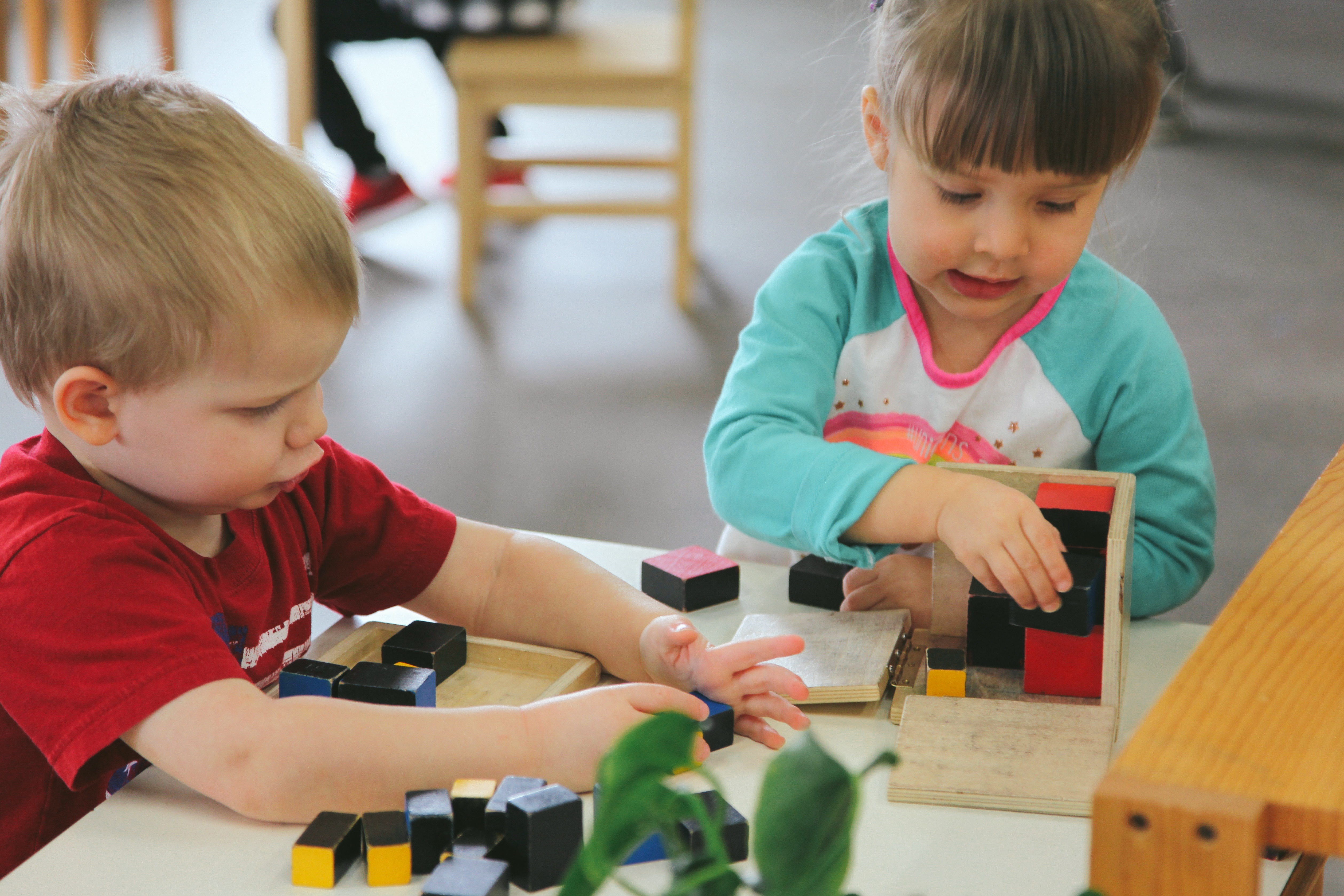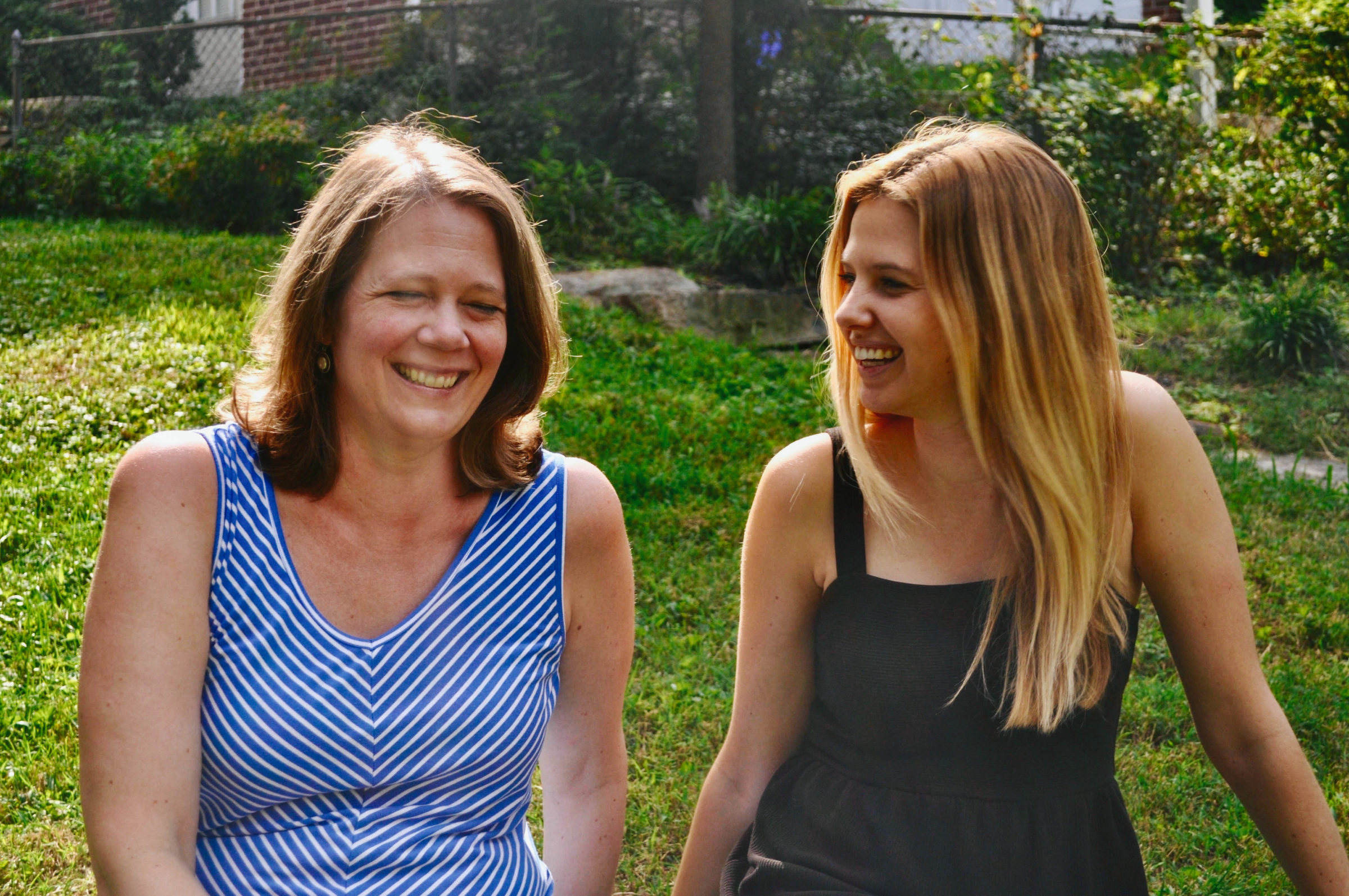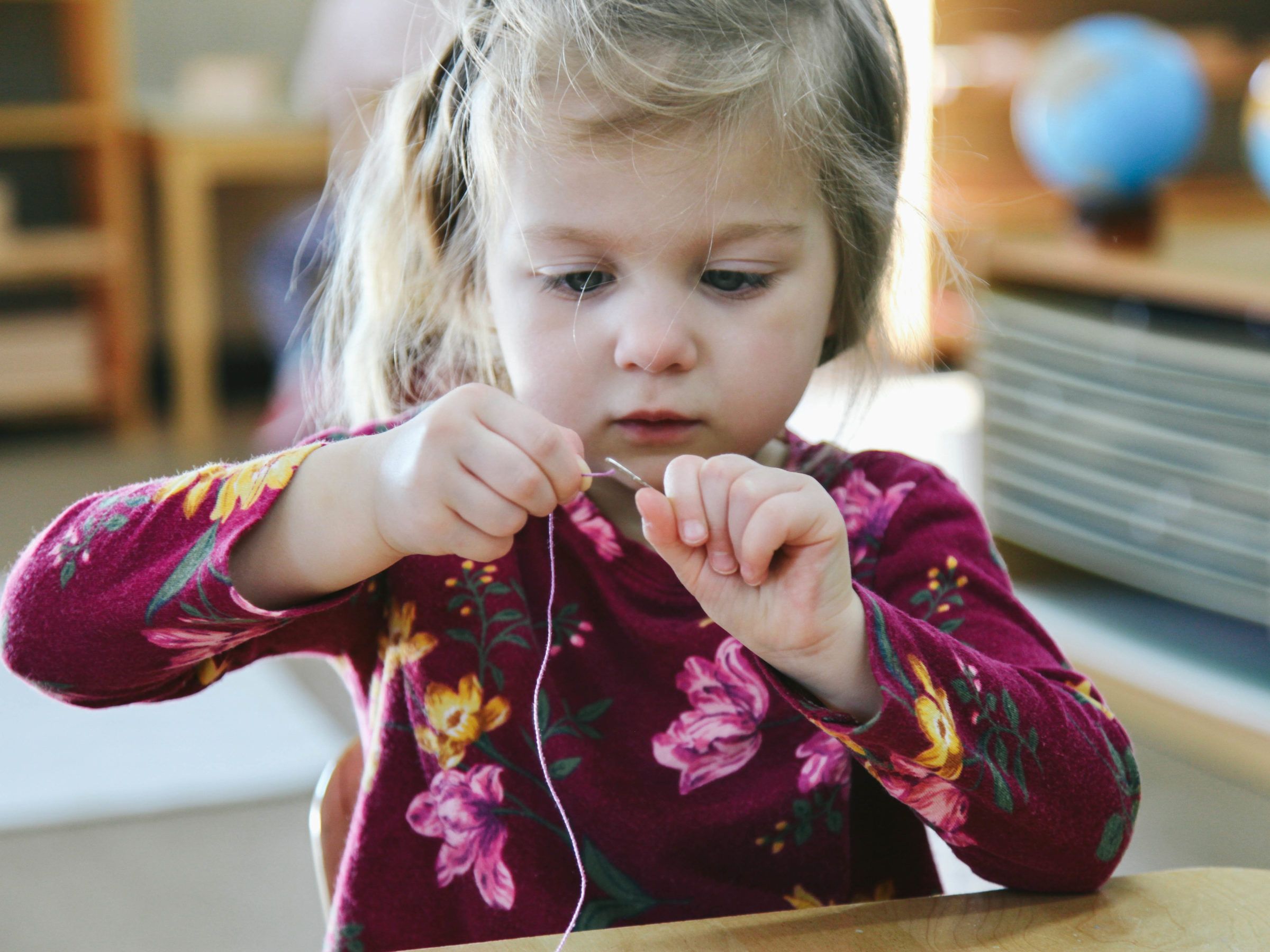Fostering Helpfulness
Podcasts
We received the most amazing, thought-provoking question on Facebook. Here it is:
“How do we teach our kids to help their families and communities more than is absolutely necessary if we aren’t modelling helpfulness by helping them more than is absolutely necessary?”
What a huge, important thought!
This question was a response to a post from Maria Montessori’s Absorbent Mind, which we’re reading together as a team. “…this philosophy teaches us never to give more help than is absolutely necessary.” We’ve also written about help previously, and we surely will again.
So, how do we manage this? How do we support children into altruism, generosity with time and effort, when we don’t help them above and beyond?
In fact, only through providing just the necessary help, do we foster children into generosity and altruism. This isn’t “stinginess,” it’s empowerment. It’s, “I believe in you.”
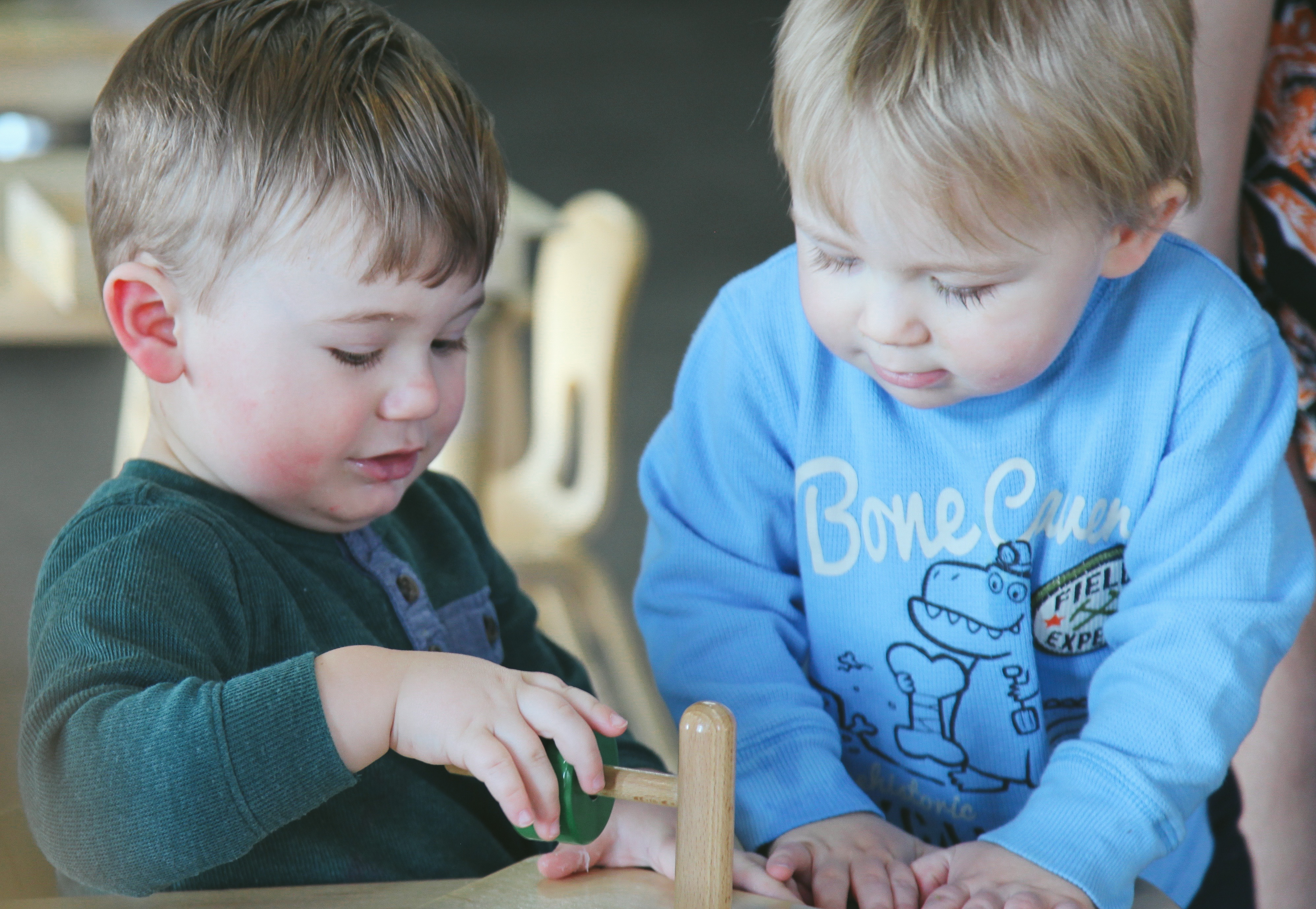
Serendipitously, or perhaps because it was on our minds, the same day we read this question, a child beautifully highlighted “helpful help.”
A not-yet-three-year-old came up and announced, “I helped Frances find her cup because she cannot find it.” He saw a need, and felt he could address it. He felt capable and this stirred in him a willingness to take the time to help someone else.
This can only come through only providing that necessary help, through providing encouragement and keeping company when a child needs moral support, rather than overt do-it-for-me help. We have to see ourselves as worthy of providing help, before we feel we can offer help to another.
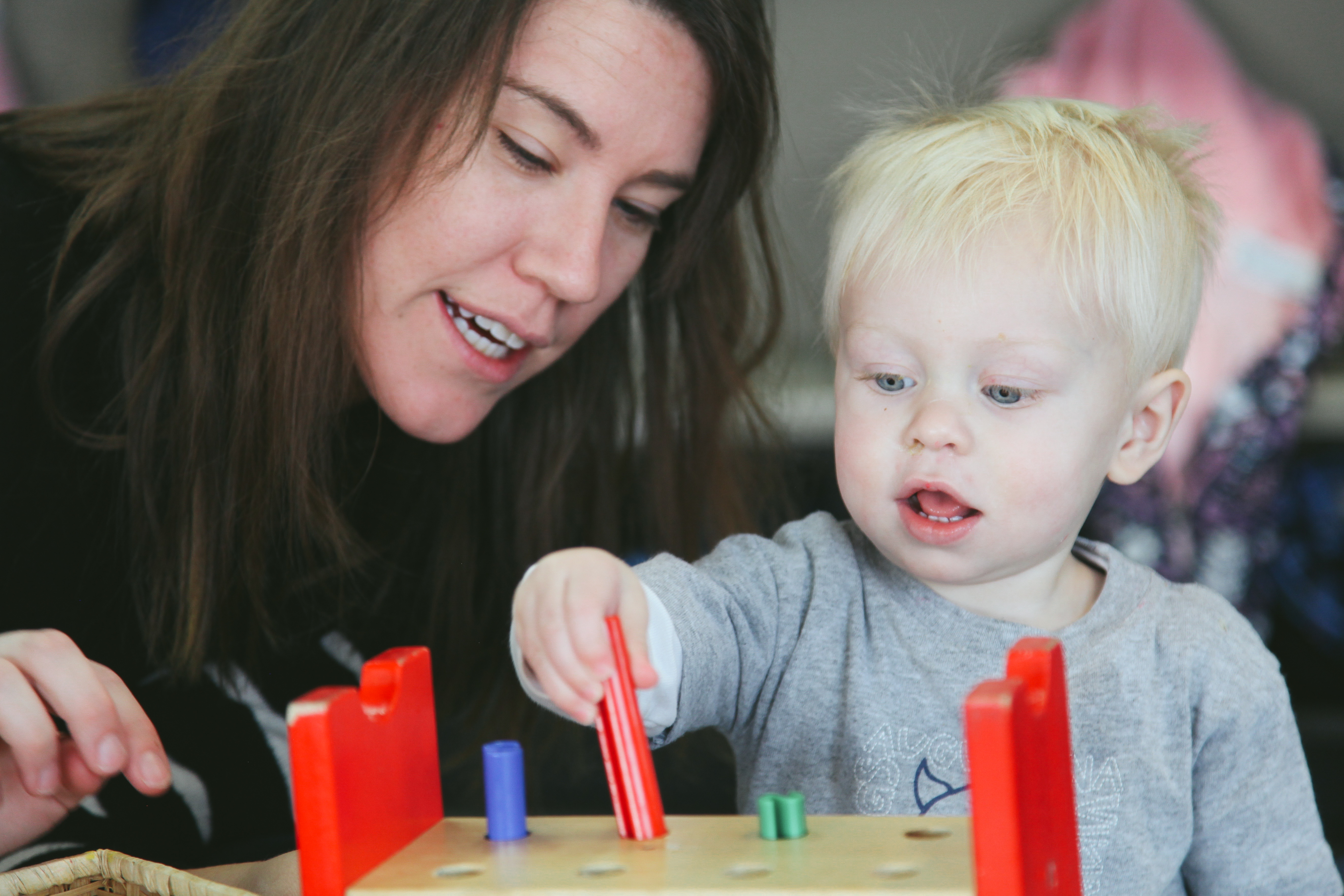
Providing unnecessary help doesn’t support this empowerment. Providing unnecessary help often comes from a place of love. Carrying a child who is already skilled at walking. Zipping up a coat for a child who zips the coats of her whole class. Cutting grapes into tiny pieces for a child who is big enough to ride the bus. It’s our job to care for them, to keep them safe, and we love them more deeply perhaps than they will ever know.
Sometimes, though, the help isn’t seen as an act of love, it’s seen as, of course I can’t yet, I’m not capable, I’m too little. And in these moments, it can actually undermine all a child is capable of, hinder their sense of self-esteem. Our love has accidentally stifled their courage, the opposite of what we intended, and we must kindle the flame of self-confidence; this is empowerment.
After a child has the physical capacity and the emotional buy-in, they’ll notice our generous model. They’ll pick up on, I didn’t make this mess, but if no one cleans it up it will stay there, and why not me? Even offering necessary help supports these feelings of good will. After all, nothing catastrophic is going to happen if your shoes stay untied, though you’re not yet able to do it yourself, so of course I’m willing to help you.
A child first needs to feel capable of helping, before they feel confident to offer help. By offering only the help that is necessary, we’re paving the way for their success, for them to be able to help themselves, and develop the self-confident needed to offer help to others.
Written by:
Charlotte Snyder
